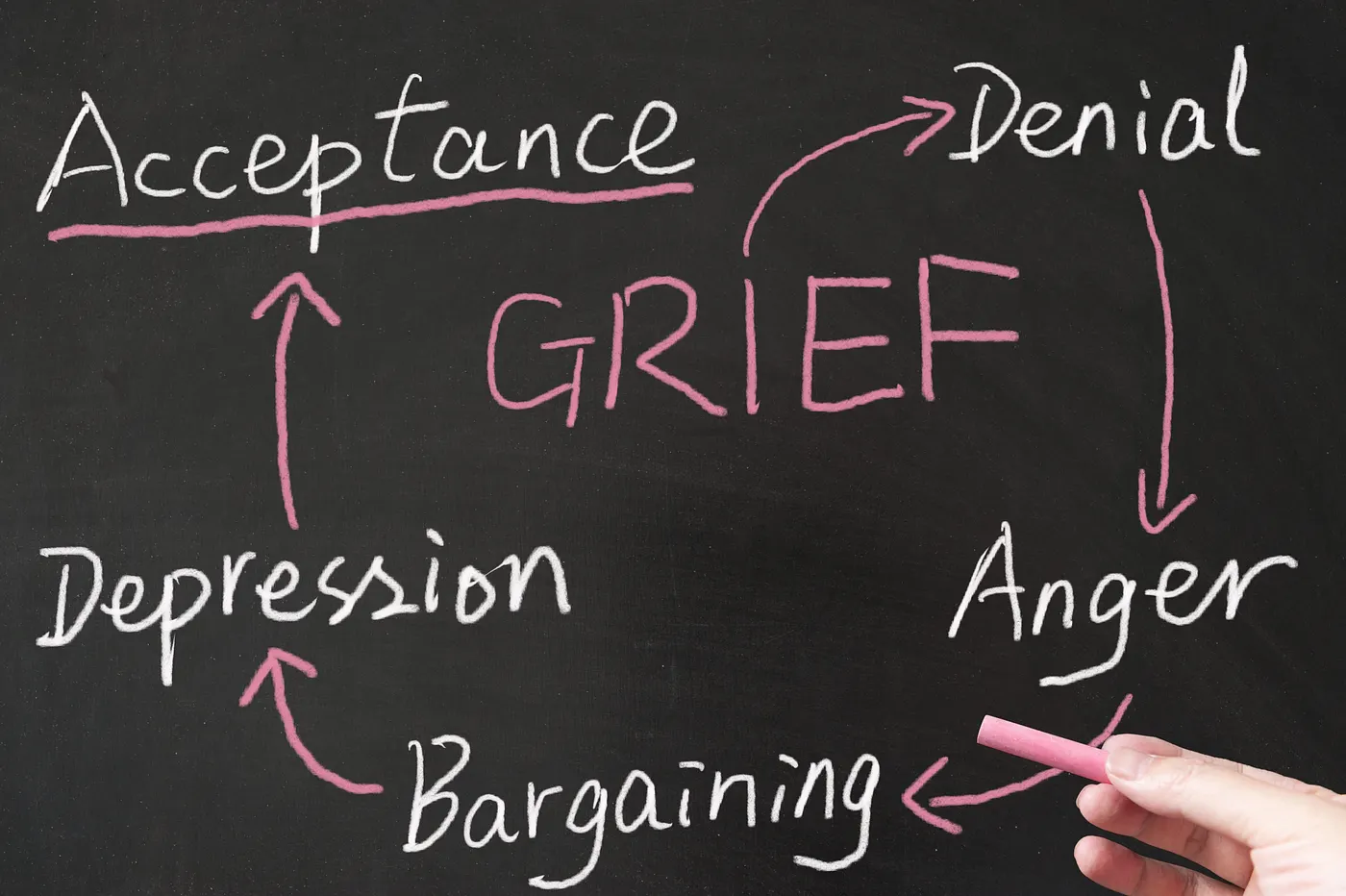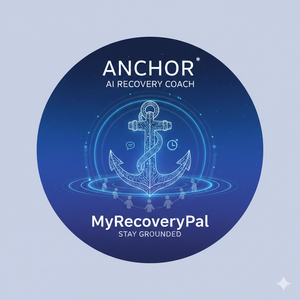
Simple Mindfulness Practices to Turn Resistance into Resilience
Why Acceptance Is Your Secret Recovery Tool
If you’re in early sobriety — or even years into your journey — you know the pattern all too well: one unexpected stressor triggers a craving, self-doubt sets in, and before you know it, you’re spiraling. What if there were a simple practice to break that cycle? Today’s Hazelden Daily Reflection shows that acceptance — the cornerstone of mindfulness — can be that lifeline. Acceptance isn’t defeat; it’s the foundation for clear, compassionate action.
1. Morning Reality Check: Start Your Day with Emotional Resilience
Most relapse triggers favor those who begin the day reacting to external pressures. By practicing acceptance as soon as you wake:
- How to Practice: Lie still and breathe deeply. Name one unchangeable fact — maybe the weather is cold, or you have a busy schedule — and say, “I accept this for what it is.” Then set a simple intention: “I choose calm.”
- Why It Works: Emotional labeling — verbalizing what you feel — has been shown to reduce anxiety and improve self-control. This mental reset primes you for a more peaceful, craving-resistant day.
2. Midday Pause: Use Mindfulness to Defuse Stress
Lunch breaks often become fuel for worry: deadlines, family drama, or leftover guilt about past mistakes. A midday acceptance practice can interrupt that.
- How to Practice: Step away from your desk or phone. Close your eyes for 60 seconds. Scan from head to toe, relaxing any tight muscles. Silently note, “This is what stress feels like,” then let it go.
- Why It Works: Brief mindfulness breaks have been shown to lower cortisol levels, improve focus, and reduce the risk of relapse by calming your nervous system when triggers hit.
3. Evening Reflection: Transform Frustration into Insight
Before bed, turn acceptance into action through journaling — a critical tool in any recovery toolkit.
- How to Practice: Draw two columns — “Resisted Moments” and “Acceptance Actions.” For each frustration (e.g., craving, conflict, self-doubt), write how acceptance helped you respond differently.
- Why It Works: Reflective journaling strengthens neural pathways for positive coping and embeds the lesson: every challenge is an opportunity for growth.
Acceptance in Action
Managing Cravings:
- Instead of thinking, “I can’t handle this urge,” try “I’m noticing a strong feeling right now.” Studies show that simply labeling cravings can reduce their intensity by up to 40% citeturn0search2.
Handling Triggers:
- If a certain song or location brings back painful memories, use acceptance: “Yes, this place reminds me of my worst days — but that was then, and I’m safe now.” That mindset shift gives you control rather than letting triggers hijack your sobriety.
Common Myths Debunked
Acceptance often gets misunderstood. Let’s clear up three major myths:
Myth 1: Acceptance Means Approval
Truth: You can accept reality without condoning it.
- Example: Your partner’s criticism still stings, but instead of reacting defensively, you note, “I hear their frustration,” and decide how best to respond.
- Why It Matters: Acceptance creates emotional space to choose a healthy response — like calm communication — instead of defending or fleeing.
Myth 2: Acceptance Equals Inaction
Truth: Acceptance is the first step toward effective action.
- Example: You accept that your finances are tight. From that clarity, you create a budget, seek financial counseling, or pick up a side gig.
- Why It Matters: Fighting reality wastes energy. Acceptance redirects that energy into problem-solving and goal-setting.
Myth 3: Acceptance Is a Sign of Weakness
Truth: It takes courage to face uncomfortable truths.
- Example: Admitting “I’m struggling” to your sponsor or therapist feels vulnerable, but it often leads to breakthroughs — new coping skills or deeper support.
- Why It Matters: Research in the Journal of Substance Abuse Treatment highlights that vulnerability strengthens social bonds, reduces isolation, and lowers relapse risk.
Myth 4: Acceptance Is Instant
Truth: It’s a lifelong practice, not a one-time fix.
- Example: Some days, your morning reality check feels powerful; other days, you might forget and wake in panic. That’s normal.
- Why It Matters: Treat acceptance like a muscle. The more you practice mindfulness — and forgive yourself for slip-ups — the stronger and more automatic it becomes.
Taking Acceptance Deeper: Advanced Strategies
- Acceptance-Based Therapy (ABT): Consider integrating ABT techniques with a counselor. Studies show ABT improves emotional regulation and reduces relapse.
- Guided Meditation Apps: Apps like Headspace or Calm offer short, acceptance-focused meditations tailored for recovery.
- Group Workshops: Many recovery centers run “Mindfulness in Sobriety” sessions. Sharing the practice with peers can accelerate your growth.
Let Acceptance Light the Way Forward
In recovery, you’ll face cravings, stress, and unexpected challenges — but you never have to fight them alone or in denial. By weaving acceptance into your daily routine, you transform resistance into resilience, anxiety into calm focus, and triggers into teachable moments.
What aspect of your life could benefit from a dose of acceptance today? Share in the comments and let’s support each other in crafting stronger, more tranquil sobriety journeys.
🙏 If this resonated with you, please 👏 clap, comment your thoughts, and hit Follow for more on Normalize Sobriety!


Comments (0)
Login to leave a comment.
No comments yet. Be the first to share your thoughts!